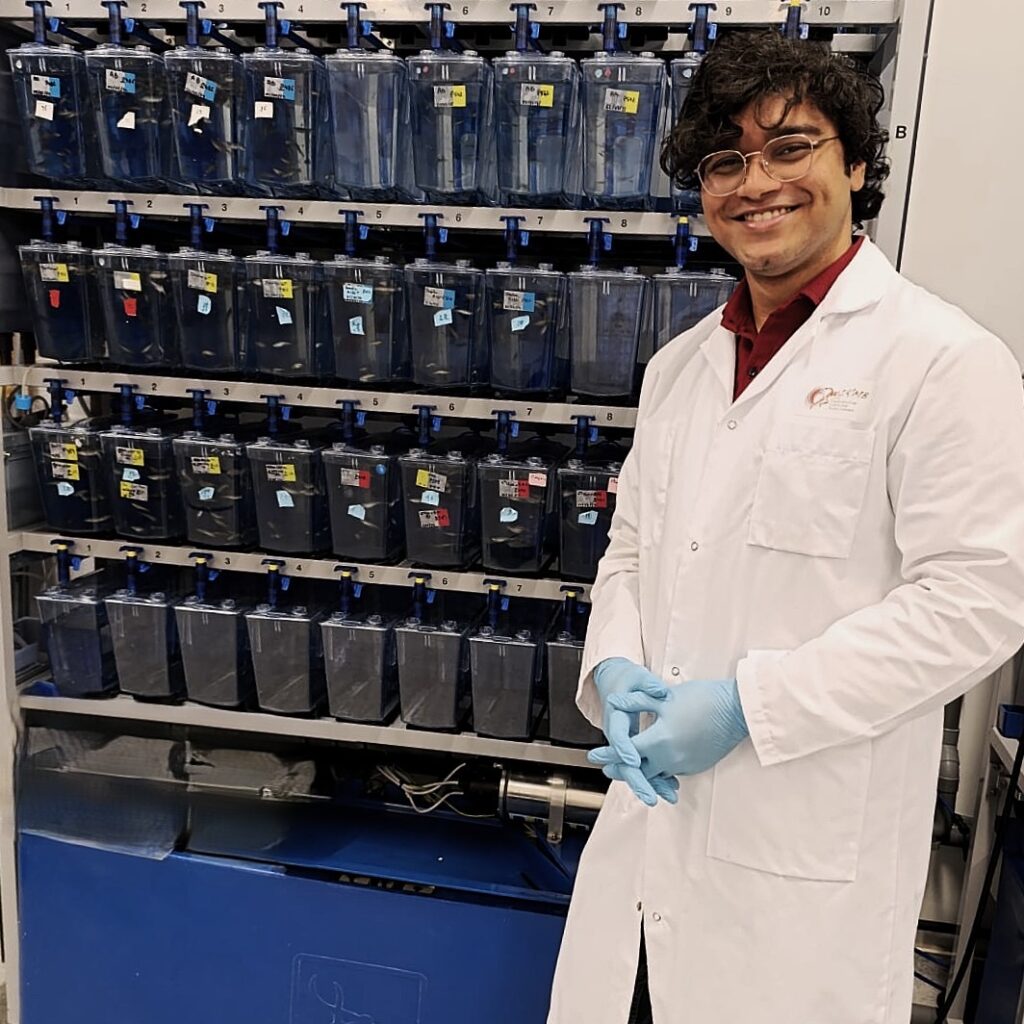Nabodit Bhattacharya

A bunch of people from different corners of the world, each walking very different paths in life, were brought together by a shared, slightly mad obsession with understanding the incredibly complex world of chromatin that nature has been fine-tuning for billions of years.
I’m Nabodit Bhattacharya, an early-stage researcher in the Chrom_Rare consortium. By training, I’m a biologist, often found editing genes or building disease models to peek into the mysterious molecular machinery behind rare conditions. When I’m not in the lab, you’ll probably find me buried in books on Philosophy and Vedanta, hopping between cafés and restaurants (food is a serious hobby for me), or traveling. I especially enjoy going on hikes—sometimes even with strangers, who usually don’t stay strangers for long.
For me, Chrom_Rare is more than just research—it’s a platform to learn, grow, and connect. The training weeks and symposiums across Europe have been amazing opportunities to exchange ideas, laugh, argue, and bond with my fellow doctoral candidates. Thanks to secondments, we also get to visit partner labs, collaborate, and push science forward together.
And here’s a tip: if you stumble upon a group of scientists in a café or a restaurant arguing (loudly) about things like the opening and closing of chromatin or the stiffness and softness of the cell nucleus, there’s a very good chance you’ve found us. We move around a lot—so don’t be surprised if you bump into us anywhere in Europe!
#chromatinopaties #epigenetics #MSCA

